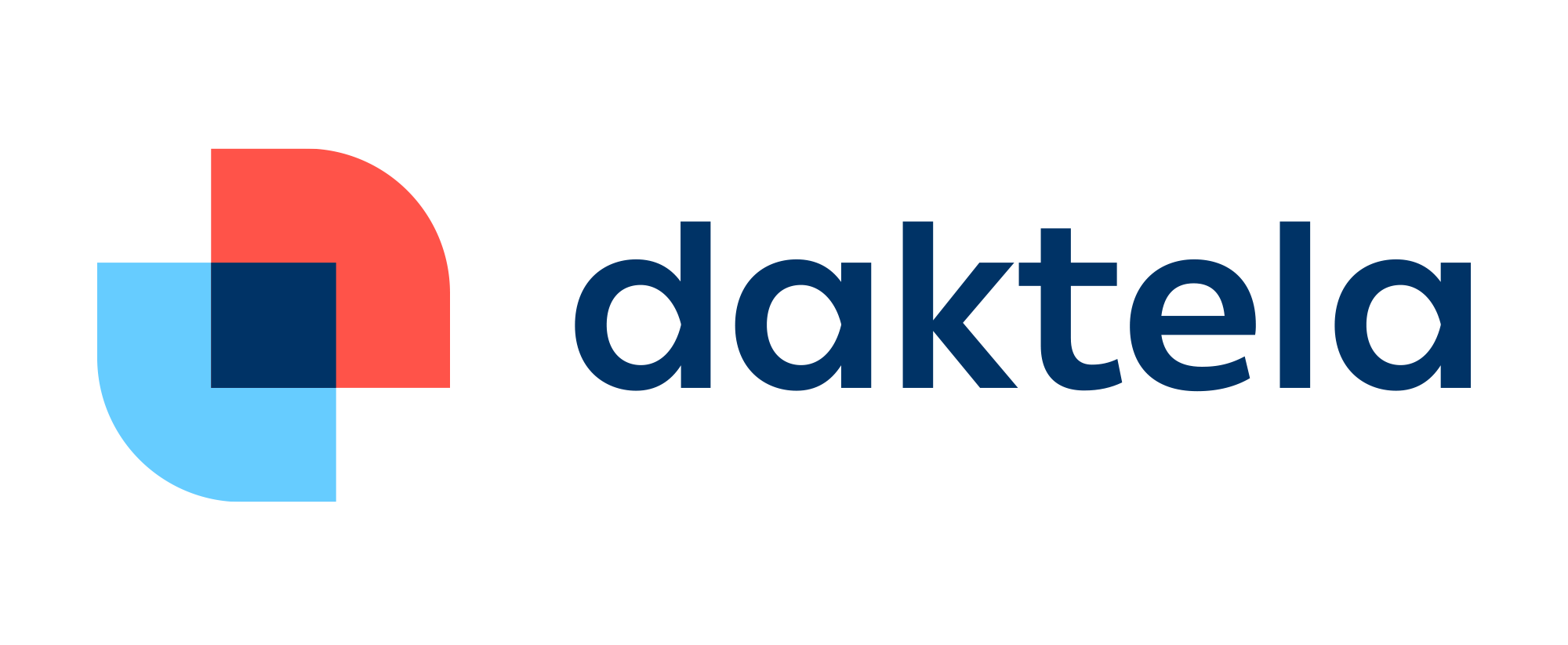The SLA, or Service-Level Agreement, is a key document in the relationship between a service provider and a service user. This agreement is most commonly encountered in the context of IT services, where it is used to define the parameters and quality of service and to establish penalties for failure to meet agreed standards. For example, at Daktela we distinguish several levels of SLA, which are transparently described in our price list. Thus, within each license, we have a guaranteed level of service with clear parameters without hidden conditions.
SLA structure
A typical SLA structure includes several key categories of requirements that determine the urgency of the troubleshooting work. The categories include system support time, response time, resolution time, service uptime, service availability and communication. The agreement may also include provisions for a maximum number of critical errors in an evaluation period.
Examples of determining response time and resolution time
- System support time: Weekdays 8 a.m. to 8 p.m.
- Service uptime: 24x7x365
- Service availability: 99%
Category:
A (Non-functional service): 3 hours response time, 24 hours resolution time
B (Limited functioning): 24 hours response time, no guarantee of resolution time
C (Service with minor problems): 2 working days response time, no guarantee of resolution time
Relationship between service level and price
The SLA may define the relationship between the level of service provided and the price. For example, a standard service level may include data management, monitoring, communication with external vendors, and a monthly report for a fixed monthly fee. If the standard level is reached, the provider is promised a fixed remuneration.
Benefits and penalties
Standard level: Includes initiating work within the required response time, meeting resolution time and required availability. The service is subject to a contractual fee.
Critical level: Requires commencement of work with some delay or failure to meet resolution time and availability. Billing discount and discount for non-compliance with availability are applied.
SLA plays a key role in ensuring quality service delivery and transparency in the relationship between provider and user. It ensures the setting of standards, benefits for achievement and penalties for failure to meet agreed service levels. A properly structured SLA contributes to effective communication and forms the basis for successful business relationships.







